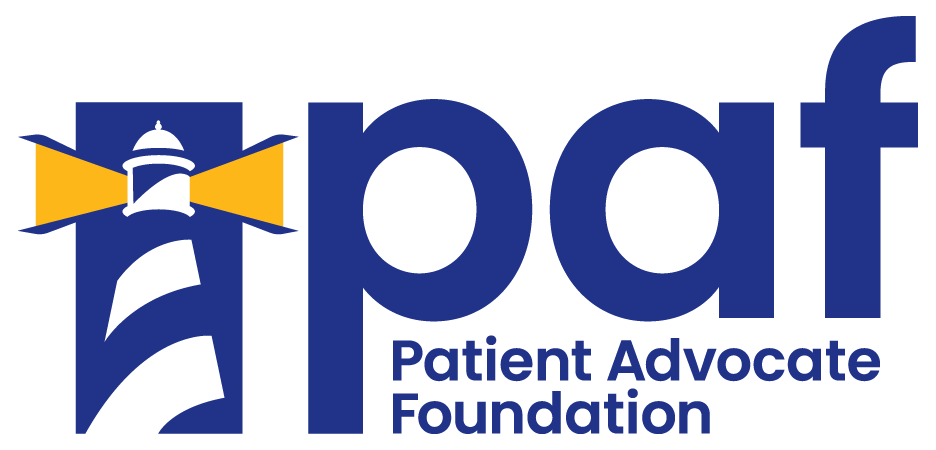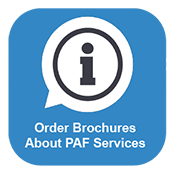I Have Essential Benefits, What Else Do I Need?
Although all new plans must have a minimum of coverage in each category of the essential health benefits, the exact amount of coverage may vary depending on the actual plan you choose. Some plans may cover more services in each category than others.
Dental and vision care for adults is not an essential benefit and therefore not included in most insurance plans. In order to receive insurance for these items, you will need to purchase a separate policy specifically to cover this type of care.
In addition to the more commonly known dental and vision coverage, there are other complementary health insurance plans that are options for patients. These are known as supplemental insurance policies. These plans can be used to cover gaps for out-of-pocket costs or items that are not covered in your primary insurance plan and sometimes offer a cash benefit that can be applied towards practical expenses like transportation and lodging.
Supplemental plans usually are branded with specific situations in mind and may be presented with labels such as ‘accident or cancer insurance’ or ‘hospital indemnity’ plans.
You may benefit from supplemental benefits if you expect to experience large medical bills that will not be covered by insurance, are self-employed or are likely to experience unpaid time off from work as a result of sickness and injury.
Each supplemental plan will have its own premium due and be defined by the language included in its plan documents. Before you purchase a supplemental policy be sure you understand the benefits and limitations of the insurance plan.
Supplemental plans alone will not satisfy the Affordable Care Act requirement to have health insurance and should only be purchased in addition to a comprehensive health plan.










